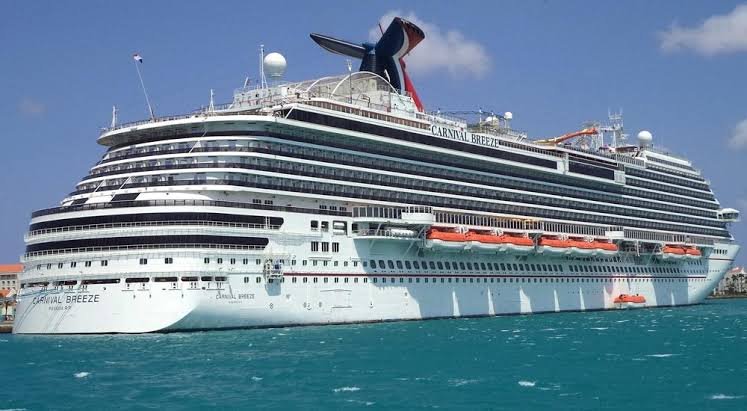
UK Backs Trump’s Putin Ultimatum with Urgent ‘50-Day Drive’ to Boost Ukraine’s Defense
In a bold show of transatlantic unity, the United Kingdom has thrown its full support behind U.S. President Donald Trump’s 50-day ultimatum to Russian President Vladimir Putin, launching an urgent “50-day drive” aimed at delivering a decisive boost to Ukraine’s defensive capabilities. UK Defence Secretary John Healey announced the initiative during a virtual session of the Ukraine Defence Contact Group (UDCG) on July 21, urging allied nations to act swiftly to capitalize on what he called a moment of “maximum opportunity.”
The UK’s “50-day drive” is designed to rapidly increase arms and equipment deliveries to Kyiv as a way to pressure Moscow into serious negotiations—or face new rounds of punishing economic sanctions. The plan aligns closely with President Trump’s July 14 ultimatum to Putin, in which the U.S. leader gave Russia 50 days to agree to a peace settlement or risk the imposition of up to 100% tariffs on Russian goods and the expansion of secondary sanctions.
Healey emphasized the need to surge weapons to the front lines in coordination with partners. Since March, the UK has delivered nearly £700 million in military aid, including precision missiles, rockets, and artillery shells. Notably, over £150 million worth of equipment was sent in just the past two months. The UK has also supplied nearly 50,000 battlefield drones and is now calling for a tenfold increase in drone support from allies to improve Ukraine’s situational awareness and strike precision.
Germany, in a parallel move, has pledged €170 million to purchase air-defense missiles for Ukraine, which will be deployed alongside UK-provided systems. This joint effort is intended to blunt the growing barrage of Russian missile and drone attacks targeting Ukrainian cities and infrastructure.
Trump’s ultimatum and accompanying weapons initiative have drawn mixed reactions. NATO Secretary-General Mark Rutte joined Trump in announcing the coordinated delivery of U.S.-made Patriot missile systems to Ukraine—funded by European nations. While the White House claims this approach offers a clear off-ramp to end the war, critics argue the timeline gives Putin too much leeway to escalate attacks before the deadline expires.
Ukrainian officials cautiously welcomed the expanded support, viewing the new deliveries as essential to surviving Russia’s intensified summer offensive. However, Ukrainian defense analysts expressed concern that the 50-day countdown could inadvertently embolden the Kremlin unless sanctions are enforced without hesitation if Putin fails to act.
Moscow has dismissed the ultimatum as political theatre, calling it an “empty threat” unlikely to be implemented. Kremlin spokesperson Dmitry Peskov said, “Russia will not be dictated to under threats of economic coercion,” signaling no change in the Kremlin’s current war strategy.
Still, Western officials remain hopeful that the combined pressure of military reinforcement and economic threats may shift the strategic calculus in Moscow. The next 50 days could prove pivotal—not just for the future of Ukraine, but for the credibility of Western deterrence in the face of continued Russian aggression.






